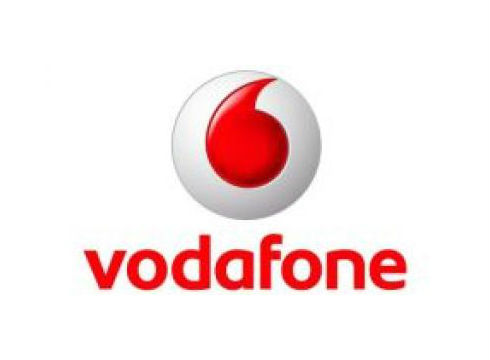Verizon Close To £84bn Deal For Vodafone Stake

Vodafone and Verizon are said to close to a deal that could see Vodafone’s withdrawal from the US market
Vodafone’s valuable stake in leading American mobile operator Verizon Wireless is once again in the headlines, with some reports suggesting that a buyout deal is eminent.
Verizon Communications Inc, the parent company of Verizon Wireless, is said to be in “advanced discussions” about Vodafone’s 45 percent in the US operator. Bloomberg, citing people with knowledge of the matter, reported the deal could be worth as much as $130 billion (£84bn).
Verizon Stake
It said that Verizon is working with a couple of banks to raise $10 billion (£6.5bn) from each institution, or enough to finance about $60 billion (£39bn) of the buyout.
“This deal is extremely important for Vodafone for their convergence strategy toward more cable assets because pure mobile operators will certainly experience capacity bottlenecks in the future,” Leopold Salcher, an analyst at Raiffeisen Capital Management was quoted as saying. He said that $130 billion deal would be “a very good price.”
 Vodafone meanwhile was quoted as saying there’s “no certainty that an agreement will be reached”
Vodafone meanwhile was quoted as saying there’s “no certainty that an agreement will be reached”
This comes after reports in April suggested that Verizon was preparing a cash and stock bid worth $100 billion (£65bn) to acquire the 45 percent stake. However it is worth noting that speculation has continued for many years now about a possible buyout of the Verizon Wireless stake.
The Wall Street Journal meanwhile only said that talks about the stake have been ‘rekindled’, citing people familiar with the matter.
It is thought that an announcement about the possible deal could be made as early as next week (2 September), and reportedly the deal may include Verizon selling back its 23 percent stake in Vodafone Italia to the British operator for approximately 4 billion euros (£3.4bn).
Vodafone Headaches
However any possible deal is fraught with potential problems and issues for Vodafone’s management team.
Firstly, Vodafone’s 45 percent stake in Verizon Wireless has been a highly valuable bulwark against the depressed European mobile market, reeling from the debt crisis. Indeed, Vodafone’s profits from its Verizon Wireless stake are said to have contributed billions in dividends to Vodafone over the years.
Another wrinkle is the sale would leave Vodafone with no presence in the world’s most valuable mobile market. Verizon Wireless has 100 million customers in America, making it one of the leading mobile players in this market.
And an even bigger wrinkle for Vodafone from a possible stake sell off would be the UK tax implications, which could see the Newbury-based mobile operator forced to pay a significant tax contribution in the UK.
Foreign Exits
However there are advantages to the deal as well.
Under the stewardship of chief executive Vittorio Colao, Vodafone is in the process of making two major strategic changes.
The first is offloading its minority stakes in foreign mobile operators where it cannot hope to increase its stake. For years Vodafone (under the leadership of Sir Christopher Gent) slowly increased those minority stakeholdings, until it could gain majority control of the local operator. This strategy served it well and allowed the operator to gain a vast geographic reach around the world. Indeed, Vodafone is now the world’s second-largest mobile telecommunications company, measured by both subscribers and revenues. It owns and operates networks in over 30 countries and has partner networks in another 40.
However under Colao Vodafone has been gradually offloading its minority stakes in foreign markets. In April 2011 for example, Vodafone made a strategic withdrawal from the French market after it sold its 44 percent stake in that country’s second largest mobile operator, SFR, for €7.95 billion (£6.8bn).
The British operator has also sold off its 3.2 percent minority stake in China Mobile for £2.7 billion, and the operator also underwent an ignominious retreat from Japan when it exited its Japanese business (Softbank). It also sold off its its 24.4 percent of the Polish operator, Polkomtel.
The second major strategic change is Vodafone’s decision to invested in fixed-line networks, to complement its mobile offering and allow it to expand the range of services it is able to offer. Last year Vodafone acquired the struggling UK telecoms company Cable & Wireless Worldwide (C&WW) for £1 billion. And in June this year Vodafone acquired the largest cable operator in Germany, namely Kabel Deutschland Holding AG.
These deals open up the possibility of Vodafone expanding beyond fixed-line communications for businesses, and possibly entering the consumer market with a quad-play offering. This quad-play service would include mobile phone, home broadband, home telephone, and television, all from a single provider. It also removes Vodafone’s need to rely on other carriers for its backhaul.
What do you know about tech stocks and shares? Try our quiz!